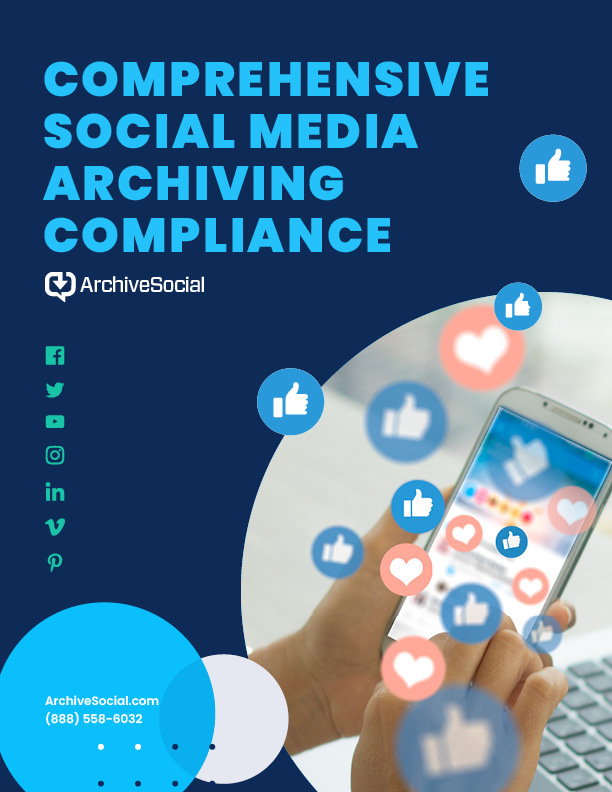
Regulating social media recruitment
The rise in web-based hiring has helped employers opportunities better discover potential employees. However, it has also complicated compliance concerning social media recruitment regulations. Some of the applicable regulations include:
- American Disabilities Act (ADA): Employers with at least fifteen employees must retain applications and other personnel records related to hires for one year.
- Age Discrimination in Employment Act (ADEA): Employers with at least 20 employees must retain records of applications, personnel records related to hiring, and job advertisements and postings for at least one year after the record is created.
- Civil Rights Act of 1964 (Title VII): Requires that all employers keep all applications and personnel records for one year from the date the record was created.
- Executive Order. No. 11,246; 41 C.F.R.§ 60-1.12: Any and all expressions of interest through the internet or related technologies causing the employer to consider the individual for hire, such as on-line resumes, must be kept for one year. Companies contracted by the government must keep these records for two years if they have over 150 employees or have a government contract of $150,000 or more.
The cross-over to LinkedIn is clear. Job postings to LinkedIn are extremely common (and successful). When interest is expressed by an applicant, communication with the recruiter through LinkedIn messages is typical as well. A dialogue of LinkedIn messages before hiring is a frequent result. Job postings are required to be archived under the ADEA, and expressions of interest and resulting dialogue must be preserved under Executive Order No. 11,246. The ADA and the Civil Rights Act of 1964 (Title VII) provide further regulatory support for keeping records of the hiring practice.
The next step
Because a hiring discrimination ruling can be very costly, ensuring your company has the appropriate social media recruitment records to defend itself is crucial. Being unable to produce such records can result in default rulings or fines against the company for spoliation. Additionally, LinkedIn is an entirely different beast for HR and recordkeeping professionals. Archiving LinkedIn messages and job postings is made difficult by their dynamic, instantaneous, and third-party nature. Hiring a new employee is about ensuring that you find the best addition to your company. LinkedIn is a useful tool in this process, but the resulting hiring records can cause unnecessary worries and snags for the employer. Don’t let archiving recruitment records become a hassle. Let ArchiveSocial help.

